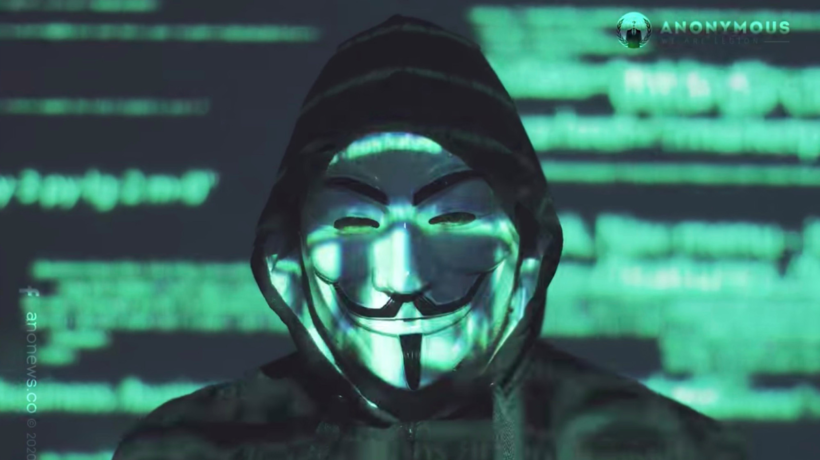On the back of real-world protests against police brutality in the United States, elusive internet activists and hacker group, known simply as Anonymous, have reappeared online.
Born from internet chat boards more than a dozen years ago, the collective was once known for organizing low-skill but effective denial-of-service attacks that temporarily shut down access to payment processors that had stopped handling donations to the anti-secrecy site WikiLeaks. It is claimed that they have since been involved in various cyber attacks against several governments, government institutions and government agencies, corporations, as well as the Church of Scientology. They also recorded to have helped Arab Spring protesters in Tunisia stay online amid government efforts to silence them.
Last week however, accounts using variations of the Anonymous name recently claimed credit for temporarily knocking a Minneapolis police website offline and, inaccurately, for hacking police passwords. A video posted to a Facebook page allegedly affiliated with the group on 28 May, shows a montage of news footage, and a masked narrator disguised by an electronic voice. An excerpt of the narration includes: “Officers who kill and commit other crimes need to be held accountable just like the rest of us. People have had enough of this corruption and violence from an organisation that promises to keep them safe.” The video has been viewed over 2 million times.
At the same time, millions of Twitter accounts began following longstanding Anonymous posters and retweeting them, helping boost Anonymous into Twitter’s Trending column and receive greater attention. Many of the boosted tweets opposed police actions, defended Black Lives Matter and faulted President Donald Trump.
It is unclear who or what is driving the resurgence, and exactly what their motives are. Gabriella Coleman, an anthropology professor at the McGill University who wrote a book on Anonymous, said she was told by insiders that numerous key figures from a decade ago are involved in the groups’ resurgence, and they are being assisted by mechanical amplification. “The ability to create so many new accounts is classic Anonymous social-technological hacking,” Coleman said. “It’s low-hanging fruit.”
Even one of the heavily boosted old accounts, YourAnonNews, tweeted that it had no idea what was going on. It experimented by tweeting nonsense and asking not to be retweeted, only to see those tweets repeated hundreds of thousands of times.
A Twitter spokeswoman said the company had seen no evidence of “substantial coordinated activity” among longstanding Anonymous accounts, but deleted one new one proliferated with spam that was brought to its attention by a researcher last Tuesday.“We have seen a few accounts change their profile names, photos, etc. in an attempt to visibly associate with the group and gain followers,” said Twitter spokeswoman Liz Kelley.
Anyone can call themselves a member of Anonymous and adopt its Guy Fawkes mask, other imagery and slogans, such as “we are legion.” However, the group has no acknowledged leaders, making it more of a brand than an ordinary assemblage.
One account with 120,000 followers, AnonNewz, had deleted all prior tweets before 1 June, when it started promoting protests. But it had neglected to delete its old “likes,” which were about Korean pop music, and it had interacted in the past with other K-pop fans touting giveaways.
After researcher Marcus Hutchins of cybersecurity company Kryptos Logic tweeted about the account, Twitter suspended it.
Twitter told Reuters it removed AnonNewz for “spam and coordination with other spam-ridden accounts.”







